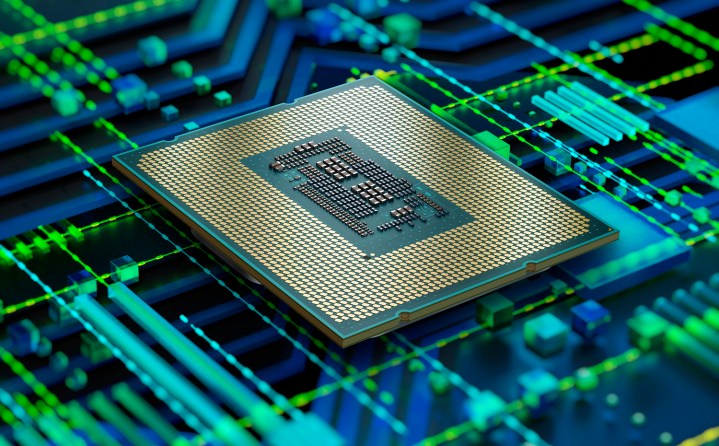Following Intel’s decision to remove software guard extension (SGX) compatibility for 12th-gen Alder Lake processors, the company’s latest chips will no longer be capable of playing 4K Blu-ray discs.
As spotted by Bleeping Computer, Intel’s updated data sheets now show SGX as a deprecated technology. Consequently, those buying or building a PC with the latest Intel CPUs will not be able to play Blu-ray movies in 4K resolution on their systems.

In addition to removing support for Alder Lake silicon, Intel has also removed the ability to playback Blu-ray discs for its 11th-gen processors.
Bleeping Computer points out that the inability to play Blu-ray content is associated with such discs requiring Digital Rights Management (DRM), which uses SGX in order to function. Intel initially included support for protected Blu-ray discs via the Skylake generation of chips in 2016.
Despite Intel describing SGX as technology that “helps protect against many known and active threats” by incorporating an additional layer of defense, it was repeatedly exploited by researchers who managed to uncover various security flaws. Bleeping Computer highlighted several such incidents, including the Prime+Probe attack from 2017, a Load Value Injection (LVI), and an attack that targeted the CPU cache that caused the leak of the enclave’s content.
In recent years, Blu-ray discs have decreased in popularity as digital technology continues to evolve. For example, the release of digital-only models of consoles and the continued success of Xbox Game Pass has showcased a keen appetite for digital content. Also, with streaming services offering thousands of movies in 4K quality for a monthly fee, PC enthusiasts and the mainstream market alike have seen the need for a physical Blu-ray drive diminish.
Blu-ray drives are simply not a priority anymore compared to the importance placed on other components such as ports with the latest USB standards.
Blu-ray discs do offer some distinct advantages over streaming. Users don’t need to depend on an internet connection and discs are not prone to any lag. Furthermore, certain movies are removed from streaming services when the rights expire, while a physical disc ensures guaranteed playback.
With this in mind, those who wish to use Blu-ray discs on a system with an Intel processor will require a CPU from the 7000, 8000, 9000, or 10000 ranges. The Skylake 6000 series features SGX support, but without the inclusion of HDCP 2.2, users will likely encounter HDMI 2.0 compatibility issues.
Elsewhere, Intel recently fixed DRM-related problems that caused video games played on a PC with an Alder Lake processor to unexpectedly crash or fail to load.



